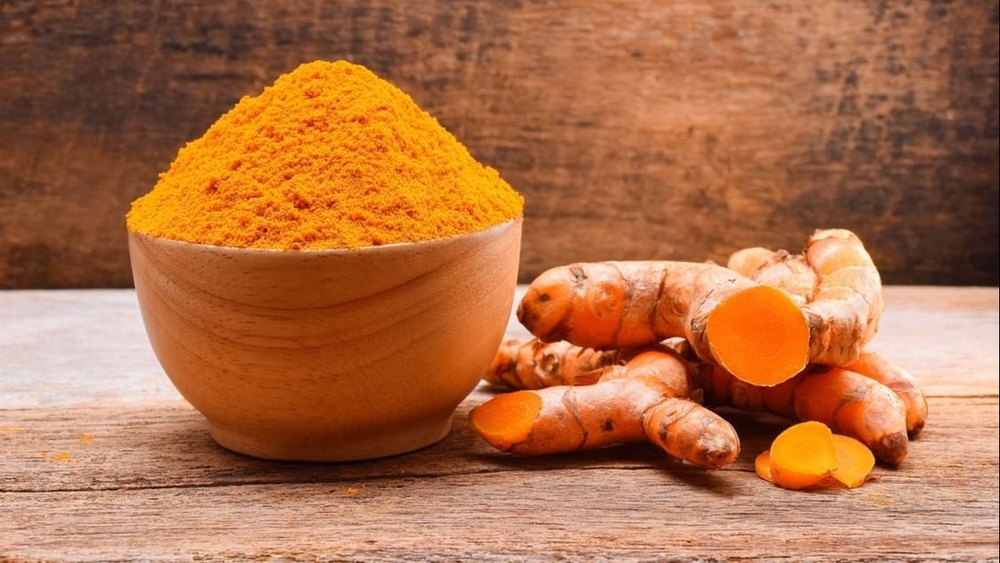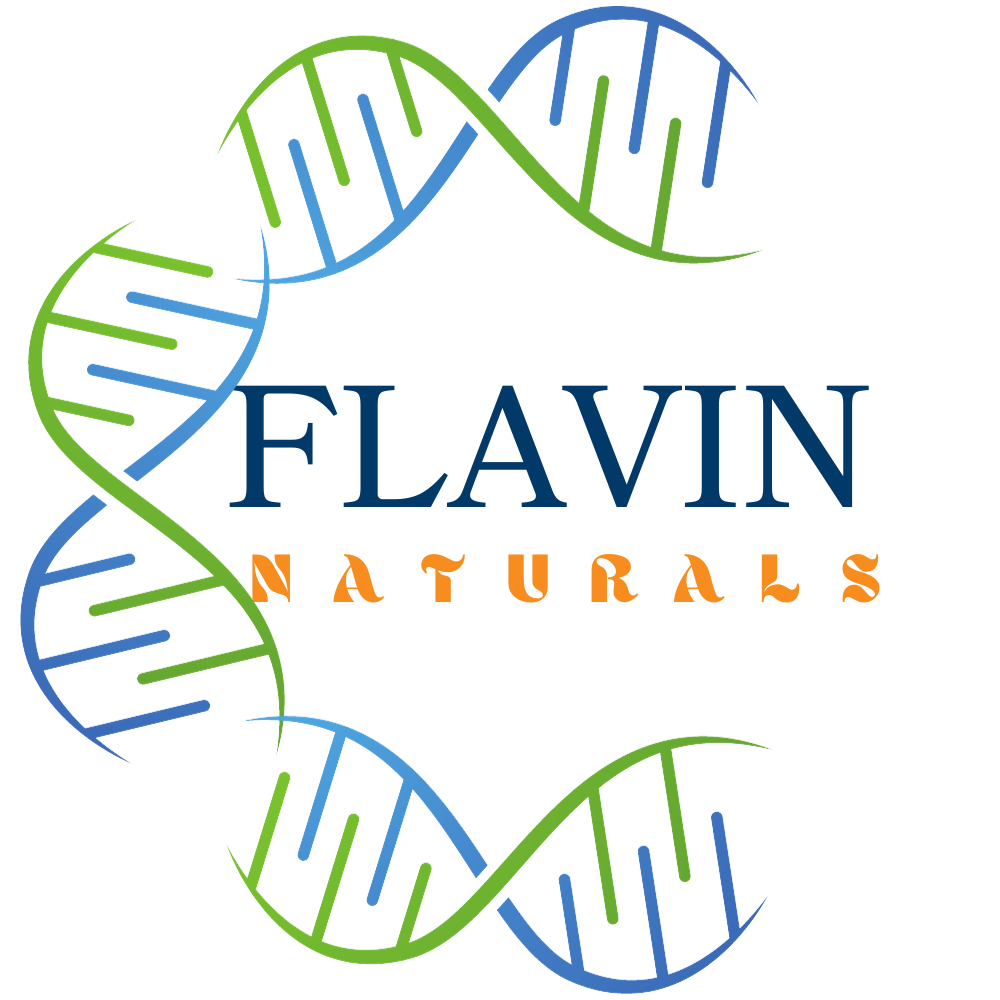Curcumin 95% Extract
Product description
Curcumin Extract: Overview and Benefits
What is Curcumin? Curcumin is the active compound found in turmeric (Curcuma longa), a spice commonly used in cooking, particularly in Indian and Southeast Asian cuisines. It is responsible for turmeric’s bright yellow color and has been used for centuries in traditional medicine, particularly in Ayurvedic and Chinese medicine, for its various health benefits. Curcumin is known for its powerful anti-inflammatory, antioxidant, and therapeutic properties, making it one of the most researched natural compounds in the health and wellness world.
Curcumin Extract: Curcumin extract is a concentrated form of curcumin that is derived from the turmeric root. While turmeric contains about 2–5% curcumin by weight, curcumin extracts are often standardized to contain higher concentrations, typically ranging from 95% curcumin content. This makes curcumin extract a much more potent form of the compound, providing higher doses and better bioavailability. The extract is often taken as a supplement in capsule, tablet, or powder form.
Importance and Benefits of Curcumin Extract as a Supplement
Powerful Anti-Inflammatory Effects: Chronic inflammation is a key factor in the development of many diseases, including arthritis, heart disease, diabetes, and neurodegenerative conditions. Curcumin has strong anti-inflammatory properties, making it effective in reducing inflammation in the body. It works by inhibiting the activity of pro-inflammatory molecules like cytokines and enzymes such as COX-2. By reducing inflammation, curcumin can help manage conditions like rheumatoid arthritis, osteoarthritis, and inflammatory bowel disease (IBD).
Antioxidant Protection: Curcumin is a potent antioxidant that helps neutralize free radicals in the body. Free radicals are unstable molecules that can damage cells, tissues, and DNA, leading to oxidative stress, aging, and the development of various chronic diseases, including cancer. Curcumin boosts the body’s own antioxidant enzymes, such as superoxide dismutase (SOD), catalase, and glutathione peroxidase, further enhancing the body’s ability to fight oxidative damage. This antioxidant action helps protect against aging, chronic disease, and cell damage.
Supports Joint Health: Curcumin is widely used as a supplement for supporting joint health due to its anti-inflammatory and analgesic (pain-relieving) properties. It can help reduce pain, swelling, and stiffness in individuals with osteoarthritis, rheumatoid arthritis, and other inflammatory joint conditions. Studies have shown that curcumin is as effective as nonsteroidal anti-inflammatory drugs (NSAIDs) in relieving joint pain, but without the adverse side effects commonly associated with these medications.
Supports Heart Health: Curcumin’s anti-inflammatory and antioxidant properties also make it beneficial for heart health. Chronic inflammation and oxidative stress are major contributors to cardiovascular disease, including atherosclerosis (plaque buildup in the arteries). Curcumin helps reduce these factors by improving endothelial function (the health of the blood vessels), reducing LDL cholesterol (bad cholesterol), and enhancing the production of nitric oxide, which promotes vasodilation (relaxation and widening of blood vessels). These effects contribute to improved blood circulation, reduced blood pressure, and a lower risk of heart disease.
Improves Brain Function and Cognitive Health: Curcumin has neuroprotective properties that support brain health and may help reduce the risk of neurodegenerative diseases like Alzheimer’s and Parkinson’s disease. One of the key mechanisms is curcumin’s ability to increase levels of brain-derived neurotrophic factor (BDNF), a protein that promotes the growth and survival of neurons. Low levels of BDNF are associated with cognitive decline, depression, and Alzheimer’s disease. Additionally, curcumin’s antioxidant and anti-inflammatory effects help reduce oxidative damage and inflammation in the brain, both of which are key contributors to age-related cognitive decline.
Cancer Prevention and Treatment Support: Research has shown that curcumin has potential anti-cancer properties. It has been found to inhibit the growth of cancer cells, prevent the spread of tumors, and promote the death of cancerous cells (apoptosis). Curcumin affects several molecular pathways involved in cancer development, including those related to inflammation, cell cycle regulation, and apoptosis. While curcumin is not a cure for cancer, studies suggest that it may help prevent certain types of cancer, such as breast, prostate, colorectal, and liver cancer, and may be useful as a complementary therapy to conventional cancer treatments.
Enhances Gut Health: Curcumin has been shown to have beneficial effects on gut health due to its anti-inflammatory and antioxidant properties. It can help reduce symptoms of digestive disorders such as irritable bowel syndrome (IBS), inflammatory bowel disease (IBD), and leaky gut syndrome. Curcumin helps reduce intestinal inflammation, supports the integrity of the intestinal lining, and promotes the growth of beneficial gut bacteria. This makes it an excellent supplement for supporting overall digestive health and maintaining a healthy gut microbiome.
Supports Liver Health and Detoxification: The liver is responsible for detoxifying harmful substances from the body, and curcumin can support its function by enhancing detoxification pathways. Curcumin helps protect liver cells from oxidative stress and inflammation, which can lead to liver damage and conditions like fatty liver disease. It has been shown to reduce liver inflammation, promote bile production, and support the regeneration of liver cells, making it a valuable supplement for maintaining liver health and supporting natural detoxification processes.
Improves Skin Health: Curcumin is often used in skincare for its anti-inflammatory, antioxidant, and antimicrobial properties. It can help reduce symptoms of inflammatory skin conditions like acne, eczema, and psoriasis by calming the skin and reducing redness and swelling. Curcumin’s antioxidant properties also protect the skin from UV damage, premature aging, and free radical damage. Topical application of curcumin extract, in addition to oral supplementation, may help improve overall skin health and appearance.
Aids in Weight Management: Curcumin may help support weight loss and prevent obesity-related complications by reducing inflammation, improving metabolic function, and supporting fat metabolism. Studies suggest that curcumin can help regulate adipogenesis (the formation of fat cells) and reduce the accumulation of fat in the body. It may also improve insulin sensitivity, which helps the body better utilize glucose and prevent fat storage. Additionally, curcumin has been shown to enhance the activity of enzymes involved in fat breakdown, promoting healthy weight management.
How to Take Curcumin Extract
Curcumin extract is typically available in capsules, tablets, powders, and liquid forms. The recommended dosage of curcumin extract depends on the individual’s health goals, but typical dosages range from 500 mg to 2,000 mg per day. Due to curcumin’s low bioavailability (the amount the body can absorb), many curcumin supplements are formulated with black pepper extract (piperine), which has been shown to enhance curcumin absorption by up to 2,000%. To optimize absorption, curcumin is often taken with healthy fats (such as coconut oil or olive oil) since it is fat-soluble.
Precautions and Side Effects
Curcumin is generally considered safe when taken at recommended dosages, but there are some precautions to keep in mind:
- Gastrointestinal Issues: In high doses, curcumin can cause digestive discomfort, including nausea, diarrhea, or bloating. If you experience any of these symptoms, it may be helpful to reduce the dose or take curcumin with food.
- Blood Thinning: Curcumin has mild blood-thinning properties, which may increase the risk of bleeding, especially in individuals on blood-thinning medications like warfarin or aspirin. Consult a healthcare provider before using curcumin if you are taking blood-thinning medications.
- Gallbladder Issues: People with gallstones or gallbladder disease should avoid high doses of curcumin, as it may worsen symptoms by increasing bile production.
- Pregnancy and Breastfeeding: While curcumin is generally considered safe for most people, pregnant and breastfeeding women should consult their healthcare provider before taking curcumin supplements, as there is limited research on its safety during pregnancy.


